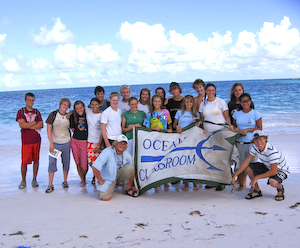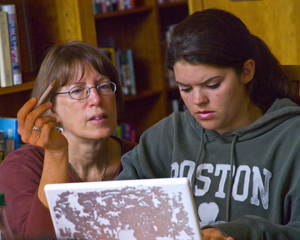From the Blogosphere....
Two of the most intelligent--indeed inspirational--educational marketing gurus recently tweeted links to intriguing articles.
Michael Stoner linked to an article in
Inside HigherEd exposing the lack of empirical rigor in the college ranking conducted by
U.S. News & World Report. This comes as no surprise to most educators, who find the notion of school rankings to be simply unethical. The entire practice is distasteful (read: despicable) for many reasons. First, in my book (and not addressed by HigherEd,) is that ranking assumes that education is trying to accomplish a single, measurable goal; (career preparation, I suppose.) It's like a race that some schools win; others lag behind. This quantitative viewpoint denies the fact that schools and colleges have distinct missions that prize unique objectives and goals. We define
education, itself, in different ways. On what criteria can we rank?!
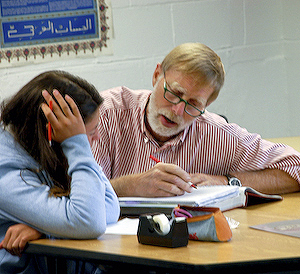
I also follow
Seth Godin on Twitter. He links to his own blog to argue that education is approaching a crossroads as abundant, free academic content becomes increasingly available via the Internet. He notes that Wikipedia offers the world's fact base to all, at no cost. Schools and colleges are offering on-line courses and degree programs. The new wave offers free, abundant education; the old model is scarce and expensive.
Proctor certainly falls in the scarce, expensive category. Godin doesn't say that free, abundant education is superior; he asserts that all combinations will be explored. I am a great admirer of Seth Godin, but must add a complication to the debate. One reason scarce, expensive may continue to flourish is that we define education differently (once again!) to meet irresistible demand. Experiential learning, for example--which is undoubtedly superior to on-line learning--is expensive.
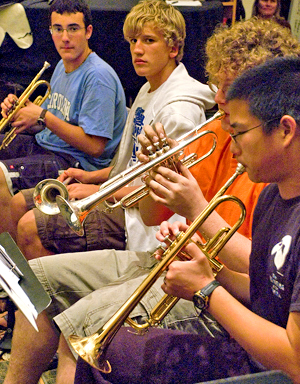
Beyond the demand for dynamic, hands-on education is the matter of relationship. With a ratio of four students per teacher, Proctor teaches through relationship. That's expensive, but the demand is so great that our tuition is apparently valued as a bargain.
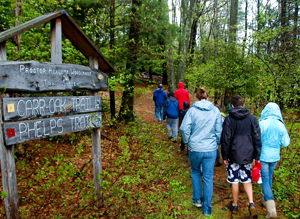
I don't doubt that technology will flood the market with valuable, inexpensive educational opportunities (I took an on-line piano course through Berklee College last year!), but some schools offering unique, "scarce, expensive" education will continue to prosper.
This is Proctor in Segovia:
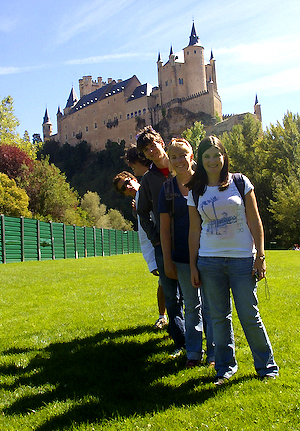
This is from Mountain Classroom, on the Pacific:
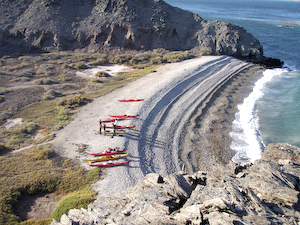
Camp by a western river:
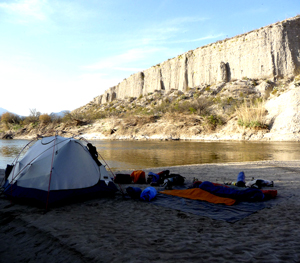
Proctor Chorus performing in Croatia:
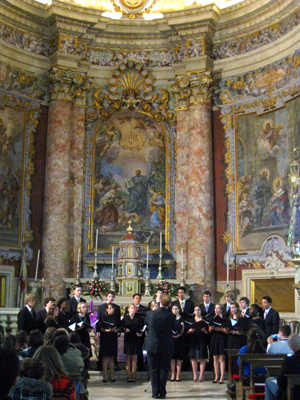
Ocean Classroom schooners preparing to depart Booth Bay for the Caribbean:
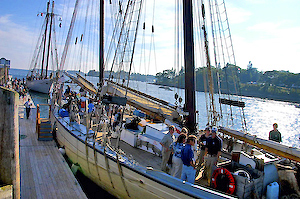
Rough seas are part of the experience!
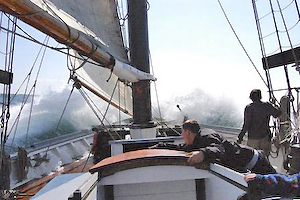
It's truly worth it....every penny.
